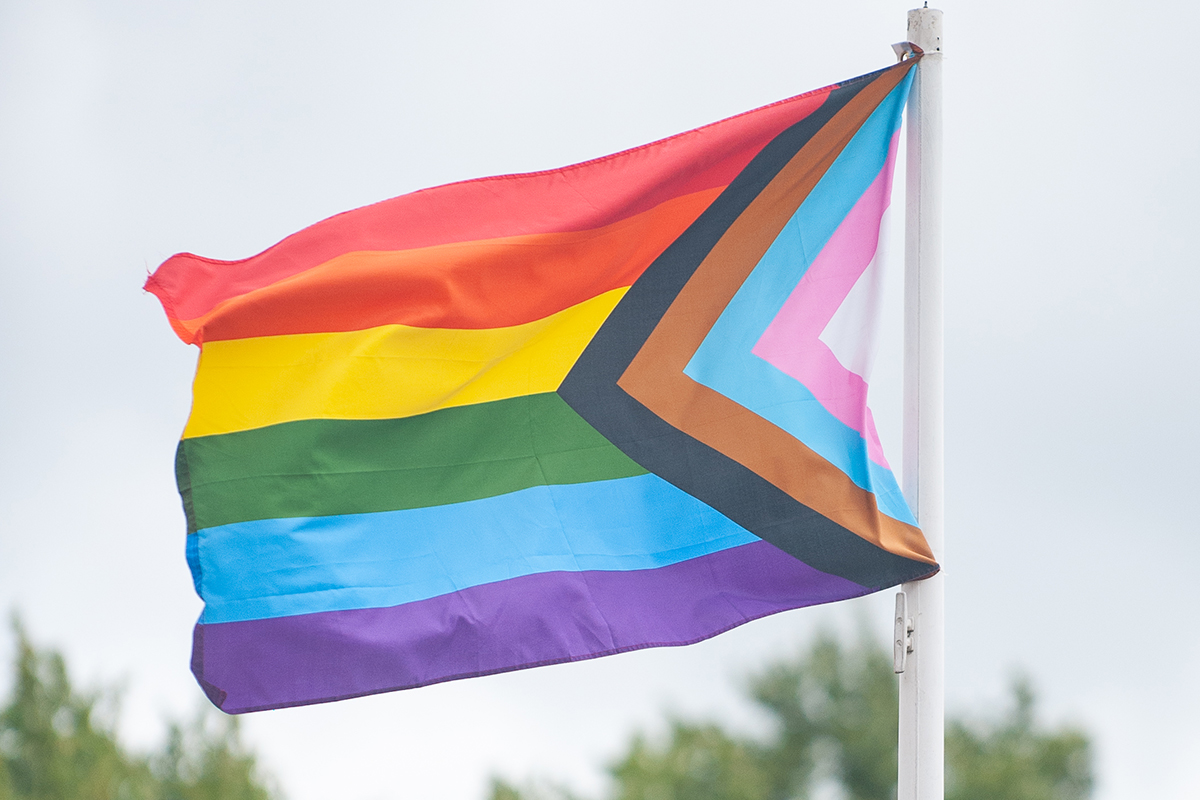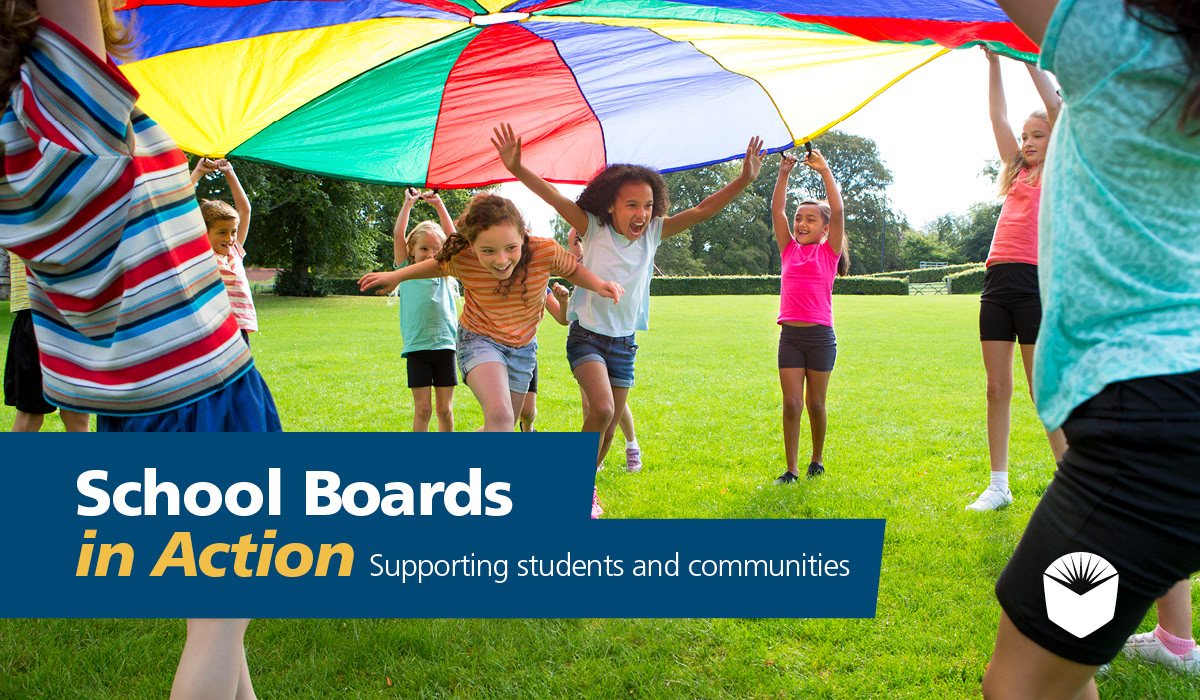On April 22, more than 700 attendees from around Butte County participated in a virtual forum on youth mental health called “End the Silence.” Organized by a coalition of community organizations in partnership with the Butte County Office of Education, the free event was open to high school youth, community leaders and caring adults and aimed to listen, learn and shift the public conversation about mental health and suicide.
“In Butte County, you could make an argument that this is our fourth year of non-stop crisis,” said Matthew Reddam, Butte COE school and community wellness advisor. “What we’re seeing this year, nationally and also locally through healthy kids survey data and other tools, is that the rates of suicidal ideation are terrifyingly high.”
Planning for student mental health supports in Butte County began well before the outbreak of COVID-19, according to Butte COE Associate Superintendent Michelle Zevely. The county office began working with experts in trauma after the devastating Camp Fire in 2018. “Instantly, one of the things that was very apparent in all of those trainings was suicide will be prevalent in your community,” Zevely said. “At some point you need to be ready and prepare. And that kind of scared us all because we’re all trying to deal with the immediate crisis.”
Butte COE did not have the capacity alone to address this issue— and that is where community partnerships came in. The recent End the Silence event was just one element of a collaboration between the North Valley Community Foundation (NVCF), Butte COE, Butte County Behavioral Health, Chico State University and the Boys and Girls Clubs of the North Valley.
The planning for the End the Silence event began three months prior, with NVCF staff meeting to come up with the “best ideas for a youth summit on mental health and suicide,” according to Danelle Campbell, program manager at Butte County Behavioral Health Prevention Unit and program director, Thrive, North Valley Community Foundation. Sometime during that meeting, the group realized they were missing something key — their students’ own opinions and experiences.
The Foundation worked with youth ambassadors from the Behavioral Health Prevention Unit and from the Boys and Girls Club to proctor focus groups in partnership with other community organizations. The focus groups asked students about the challenges students are facing and if they were likely to use the resources currently available to them and worked to home in on the most common stressors and student needs.
“The biggest things they had is: ‘What do I do? And what do I look for? What do I say if someone comes to me and says they are thinking about suicide?’” said Campbell. “And in most of the focus groups, they asked, ‘Why is this the first time we sat down to just talk about what we’re experiencing? This should be happening all the time.’”
Focus groups also revealed the bottom line was severe: 76 percent of participants said they knew someone who is struggling right now that they want to support.
The youth ambassadors were key in planning the content and format of the End the Silence event — from suggesting and screening speakers to deciding on a hybrid model during a school day that would allow the largest number of teens to tune in. In addition to speakers who shared their own experiences dealing with depression and suicidal thoughts, the day included student–adult listening sessions, educational workshops and strategies for healing.
During the summit, several students emailed that they were currently struggling and in need of support. “Something about this virtual format provided a shield of safety and protection that I don’t think we quite anticipated,” Campbell said.
The summit is just one element of the county’s work to address student mental health issues, a topic that the Butte County Office Board of Education has focused on in the past few years, said Butte COE Trustee Karin Matray. “First and foremost, we represent the community and our community is hurting,” she said. “We believe that if we work as a board in unison to address these mental health issues, we can not only help, but empower our students to find their voices so that they can advance and be successful as citizens and as adults.”
Associate Superintendent Zevely emphasized the role that preparedness can play in providing supports for student mental health and well-being. “I think that it is really important for boards of education to know that when you have an event like a fire or any kind of disaster, you really have to be prepared down the line that there’s going to be fall out from that,” she said. “And one thing we also learned was that it’s the adults that are immediately in need, but the students take about another year — they can be delayed in their response. And that’s exactly what happened to us.”
View summit speakers and access resources at the End the Silence event webpage.





